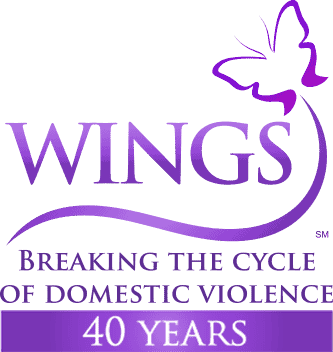BIPOC Mental Health Awareness Month and Domestic Violence Survivors
- Posted by Sarah Swiston
- On July 17, 2024
- Bebe Moore Campbell, BIPOC Mental Health, BIPOC Mental Health Awareness Month, Chicago, chicago metropolitan area, Chicago suburbs, Domestic Violence, domestic violence agency, domestic violence organization, DV agency, mental health, Mental Health Screening, northwest chicago, WINGS, WINGS Program
July is BIPOC Mental Health Awareness month. Learn about how mental health intersects with domestic violence and available resources.
 What’s Behind the Name
What’s Behind the Name
BIPOC stands for Black, Indigenous and people of color.
In 2008, a bipartisan Congress formally recognized July as “Bebe Moore Campbell National Minority Mental Health Awareness Month.” Learn more about Bebe Moore Campbell’s legacy here. To be more respectful and inclusive of the population, the name Mental Health America and other groups are promoting is BIPOC Mental Health Month.
Mental Health and Domestic Violence
Did you know that mental health and domestic violence are often intertwined? The trauma caused from domestic abuse puts survivors at risk for developing mental health conditions including depression, anxiety and PTSD. Also, mental illness may increase a person’s vulnerability to abuse.
BIPOC communities are more likely to develop mental health conditions and experience barriers to mental health treatment. Racism against BIPOC communities can cause trauma and trauma can directly lead to mental illness. There is a need for increased access for BIPOC populations, as well as more understanding of the unique characteristics of each community.
A majority of the survivors WINGS serves are from BIPOC communities. Of those served by WINGS during FY2023: 46% were African American, 29% were Latinx/Hispanic, 8% were Multi-Racial, 2% were Asian and 1% were American Indian/Alaskan Native.
Since the pandemic began, WINGS has seen increased levels of trauma. Of 46 counseling case files FY23, 72% reported positive screens on at least one behavioral health concern including mental illness, suicidal/homicidal ideation and/or substance abuse. Since clients self-report this information, actual instances may be higher as clients tend to underreport.
One of WINGS Strategic Plan goals is to expand and hire additional experienced WINGS Counselors. If you are interested in learning ways you can assist our mission, click here:
Tips for BIPOC Individuals for Talking About Mental Health
- Don’t let shame keep you from mental health care
- Advocate for yourself
- Talk to your loved ones about mental health.
- Ask for providers who are culturally responsive
- Seek a combination of mental health care that is right for your unique needs
- Explore more than one type of mental health care to find what feels right to you
Looking for more Resources?
Consider taking a free mental health screening test here:
To learn more about WINGS Domestic Violence Counseling and/or Mentoring, call WINGS Intake Line: (847) 519-7828
Trained crisis workers answer the line Monday-Friday, 9am-5pm. If you should call outside of these hours, please leave a message and a worker will return your call the next business day.




0 Comments